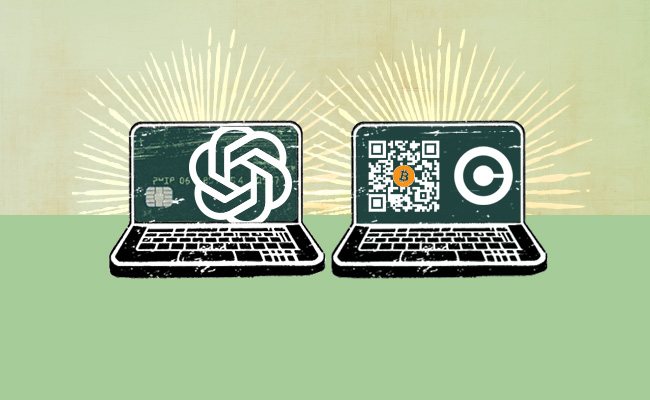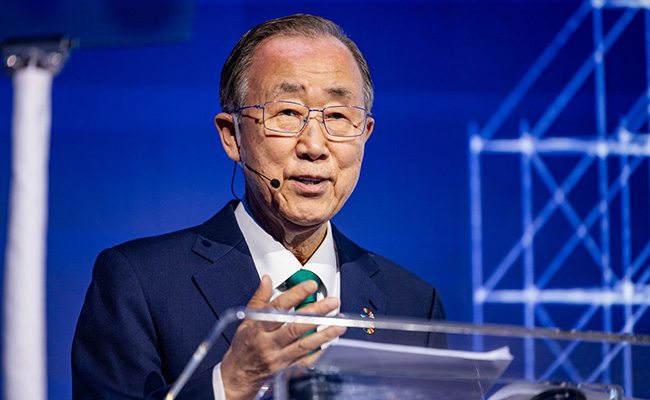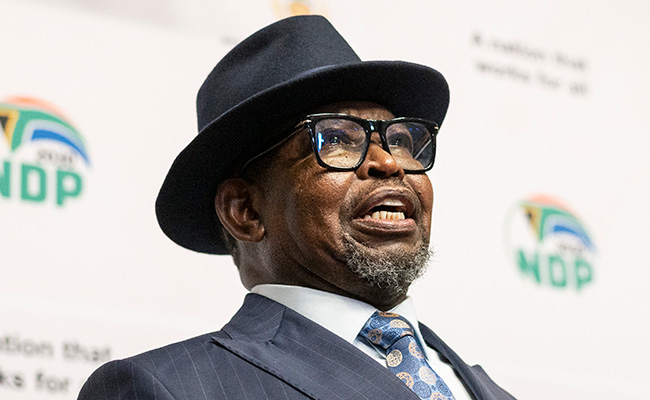As cryptocurrency becomes part of daily life across Africa, the debate over security and trust is no longer optional; it’s urgent. Digital assets are reshaping how people move money, invest and build businesses. But with that transformation comes sharper risks: money-laundering, fraud, and cybercrime. For crypto to thrive across the continent, we need strong anti-money-laundering (AML) and cybersecurity frameworks not as afterthoughts, but as the pillars of credibility.
AML frameworks are global standards designed to prevent criminals from disguising illicit funds as legitimate income, targeting crimes such as tax evasion, corruption and market manipulation. While these standards apply worldwide, local context ultimately determines their impact. In Africa, where illicit financial flows cost economies tens of billions of dollars each year, effective AML enforcement is not just a regulatory issue; it’s an economic imperative.
Compliance regimes like South Africa’s Fica or Kenya’s Virtual Asset Service Providers Bill are gaining force. These laws aim to stop criminals from disguising illegal funds as legitimate. At their core are know your customer (KYC) practices, which play a role in verifying identities, monitoring transactions and flagging risk. What was once heavy paperwork is now powered by AI, which screens against sanctions lists and surfaces anomalies in real time.
For crypto platforms, the responsibility scales even higher. Blockchain’s speed and borderless nature offer both advantages and risks. Without safeguards, actors can exploit it. With them, the transparency of the ledger becomes a defence. Binance has invested deeply in compliance and security infrastructure – every user is verified, and AI has been deployed to monitor suspicious activity. We partner with blockchain-intelligence firms and law enforcement, especially in Africa, to detect and block abuse before damage is done.
A powerful example of collaboration is Operation Serengeti 2.0, an Interpol-led crackdown across Africa from June to August 2025. Through co-ordinated action across multiple countries, authorities arrested 1,209 cybercriminals, dismantled 11,432 malicious infrastructures and recovered $97.4m. Binance, as part of the Cybercrime Atlas Initiative, contributed threat intelligence, Open Source Intelligence (Osint) mapping, and investigative support. This operation took down everything from ransomware networks to a $300m crypto scam in Zambia that victimized 65,000 people. It also exposed illegal crypto mining operations in Angola, where seized power stations were redirected to benefit communities.
Most recently, Binance supported Operation Catalyst, a landmark public-private initiative led by Interpol and Afripol across six African countries which include Angola, Cameroon, Kenya, Namibia, Nigeria and South Sudan. In this crackdown, Binance contributed strategic threat intelligence and investigative support, helping identify over 160 persons of interest and facilitating 83 arrests. Additionally, the arrests included 21 individuals for terrorism-related offenses, 28 for fraud and money-laundering, 16 for cyber-enabled scams, and 18 connected to the misuse of virtual assets – leading to discovery of approximately $ 260m in fiat and cryptocurrency assets connected to terrorism financing.
This kind of public-private co-operation is exactly what Africa needs. Criminals don’t respect borders, so Osint tools that trace cross-jurisdictional networks, from Côte d’Ivoire to Germany, make investigations sharper and more actionable. Sharing that data with law enforcement amplifies the effectiveness of every operation.
Security is as critical as compliance. Binance combines cold storage, multi-signature wallets, and the SAFU emergency fund, which are all backed by independent certifications like ISO 27001. These tools protect user funds and data, ensuring security even as attack tactics evolve. In markets where mobile is king and financial fraud is a daily worry, these defences are essential.
Africa’s opportunity lies in balancing inclusion with integrity. With hundreds of millions still unbanked, crypto offers a powerful pathway to financial access. Overly strict controls, however, risk excluding those users. That’s why innovations like decentralised identity and zero-knowledge proofs, which allow user verification without compromising privacy, are essential.
Equally important is leadership, even in markets where regulation is still evolving. Binance supports self-regulation, participation in industry associations, and proactive engagement with authorities across African jurisdictions. We view compliance not as a hurdle, but as a catalyst for growth and trust.
The evidence is clear: digital assets in Africa can only flourish on a foundation of trust and credibility. By combining world-class AML and cybersecurity standards with regional sensitivity, exchanges become trusted bridges, not risk vectors. The stakes are high, but the potential is transformative. At Binance, we don’t see compliance as a burden; we see it as a responsibility, one that helps unlock a safer, more inclusive financial future across Africa.
Unlock new opportunities in crypto. Sign up for Binance today.
About Binance:
Binance is a leading global blockchain ecosystem behind the world’s largest cryptocurrency exchange by trading volume and registered users. Binance is trusted by more than 280-million people in 100+ countries for its industry-leading security, transparency, trading engine speed, protections for investors, and unmatched portfolio of digital asset products and offerings from trading and finance to education, research, social good, payments, institutional services, and Web3 features. Binance is devoted to building an inclusive crypto ecosystem to increase the freedom of money and financial access for people around the world with crypto as the fundamental means. For more information, visit: https://www.binance.com
Top image: wirestock via Freepik.com.
Sign up to Currency’s weekly newsletters to receive your own bulletin of weekday news and weekend treats. Register here.













